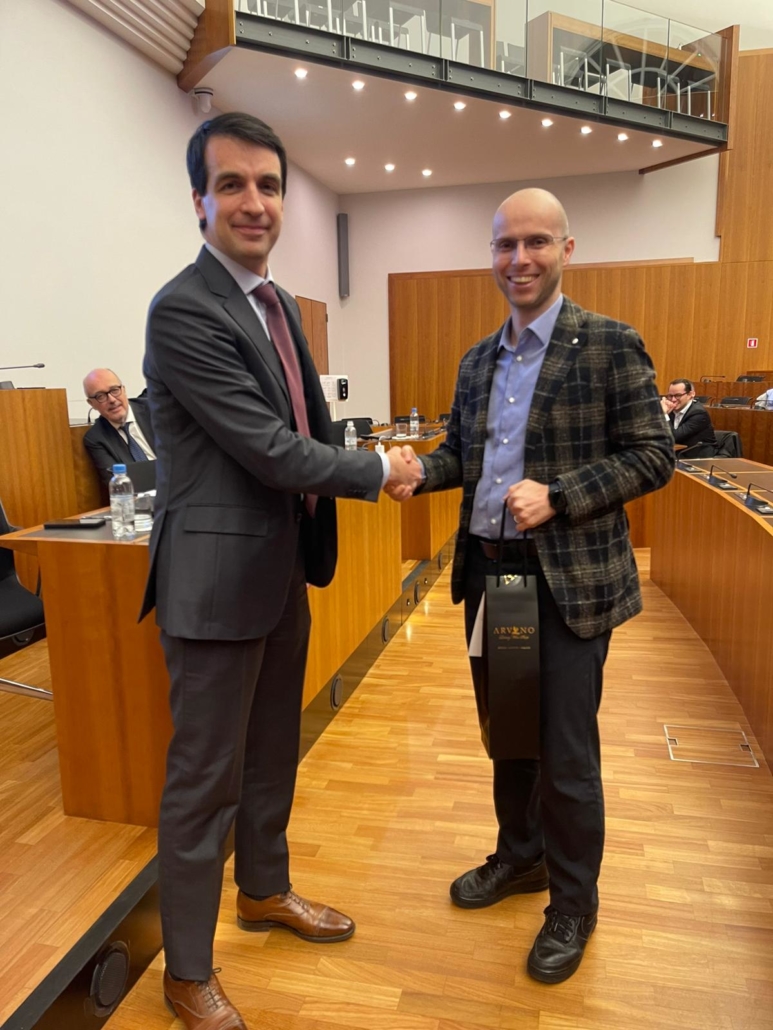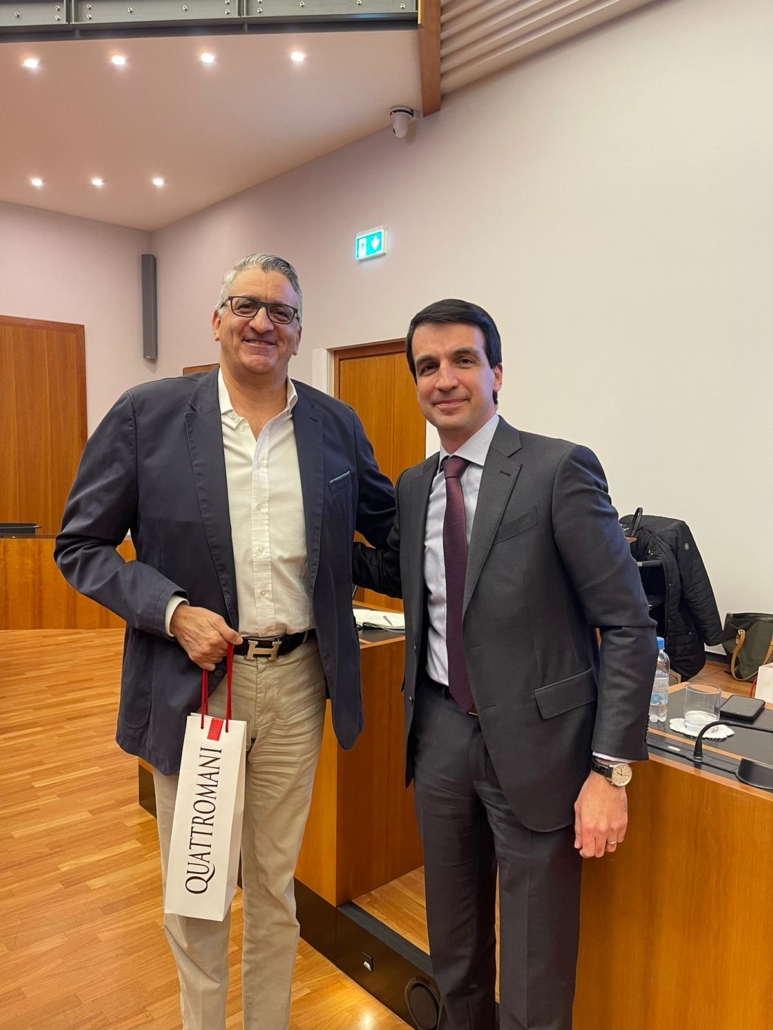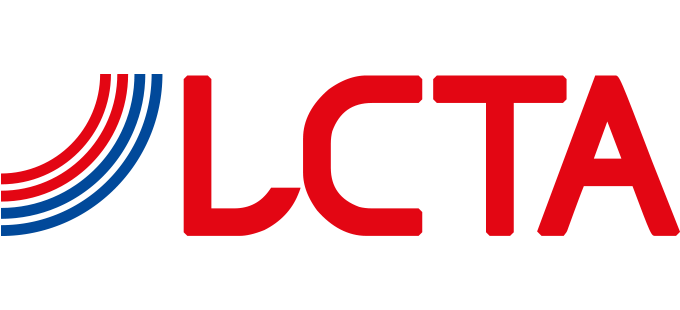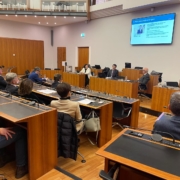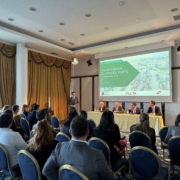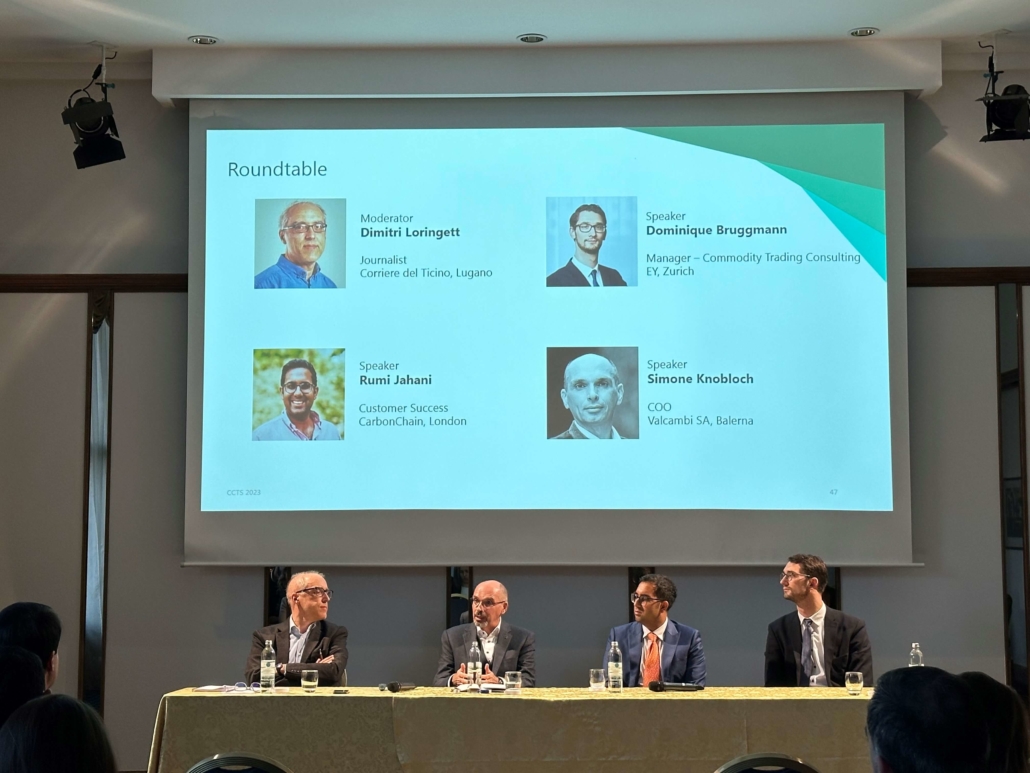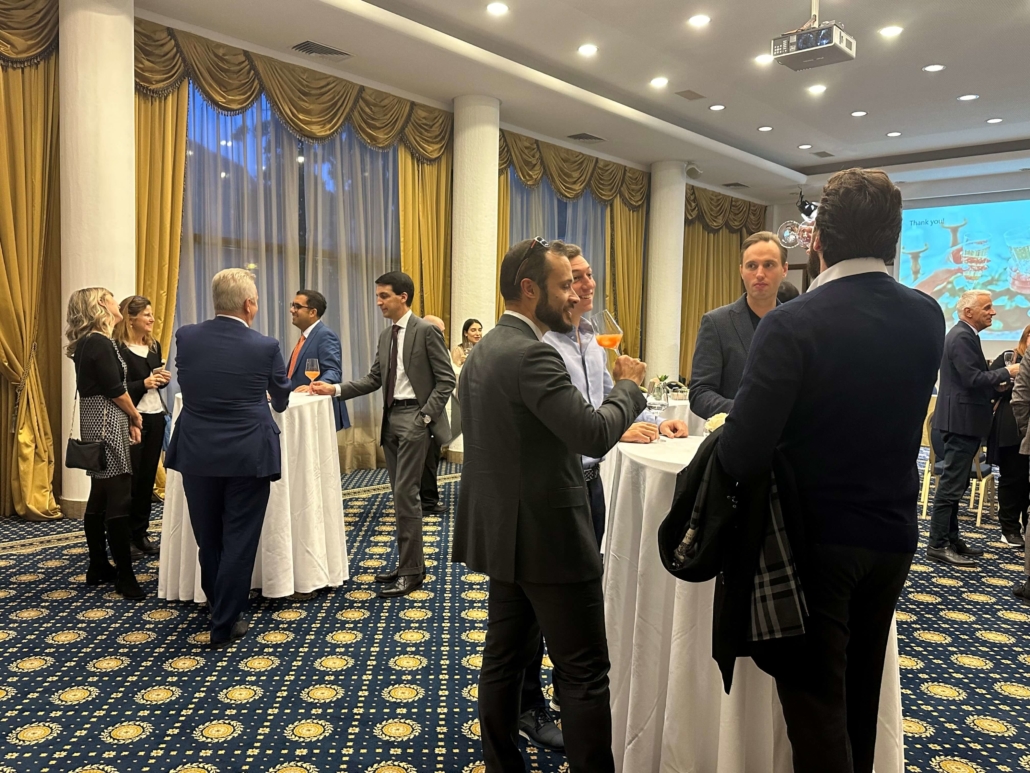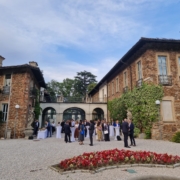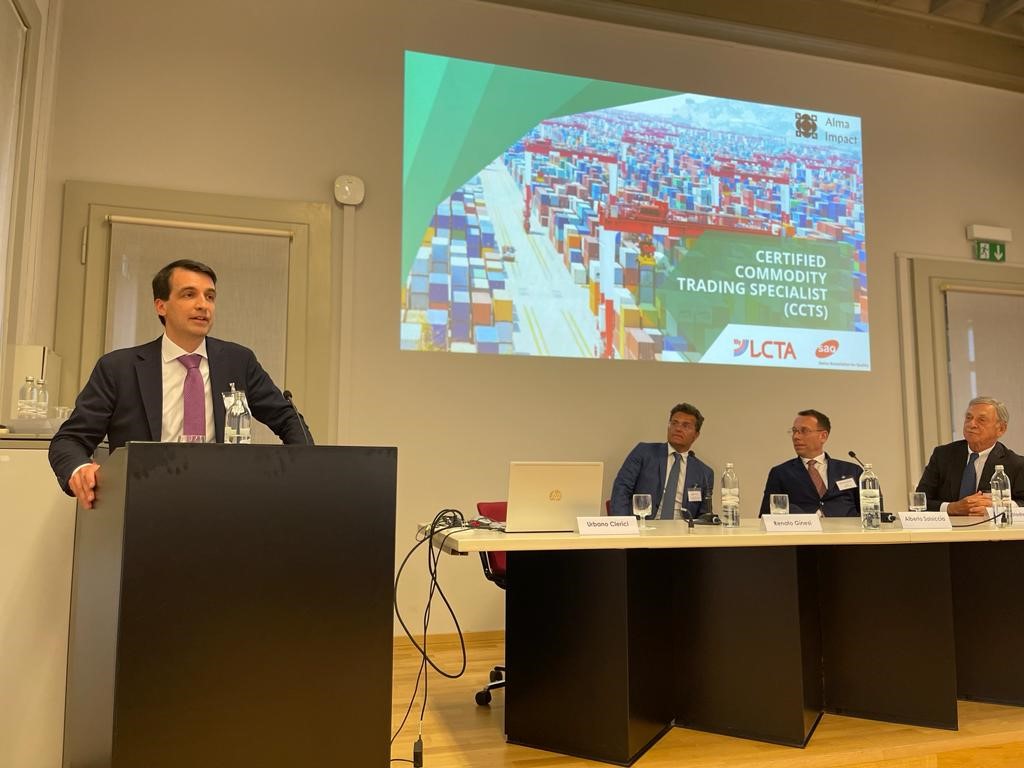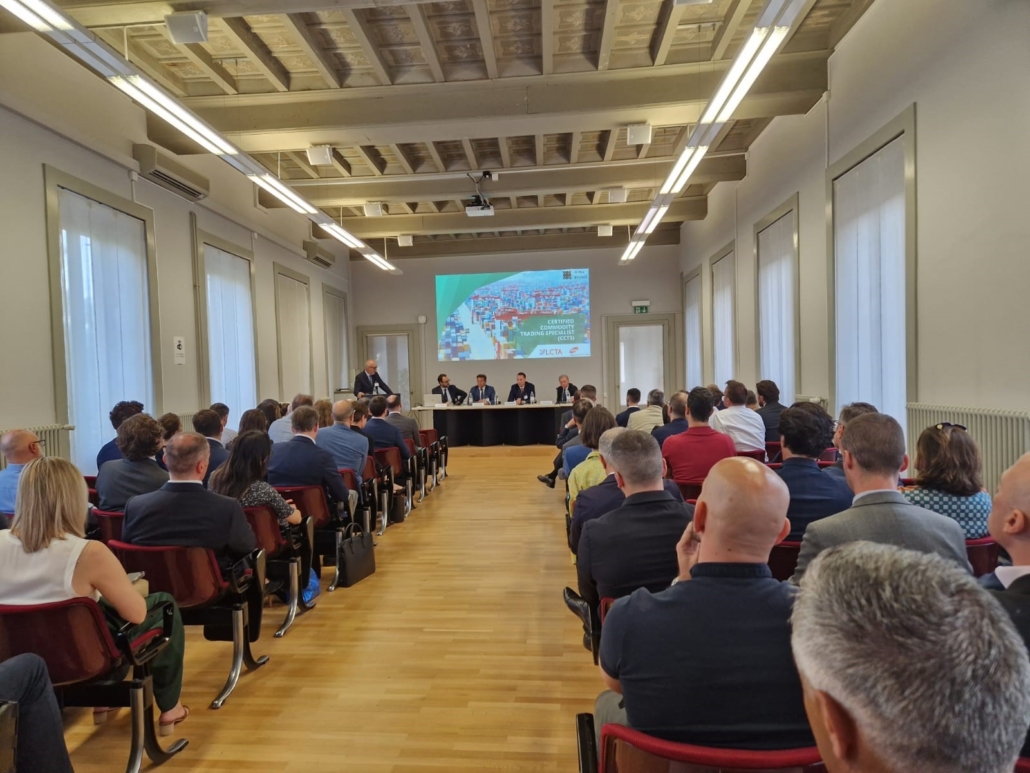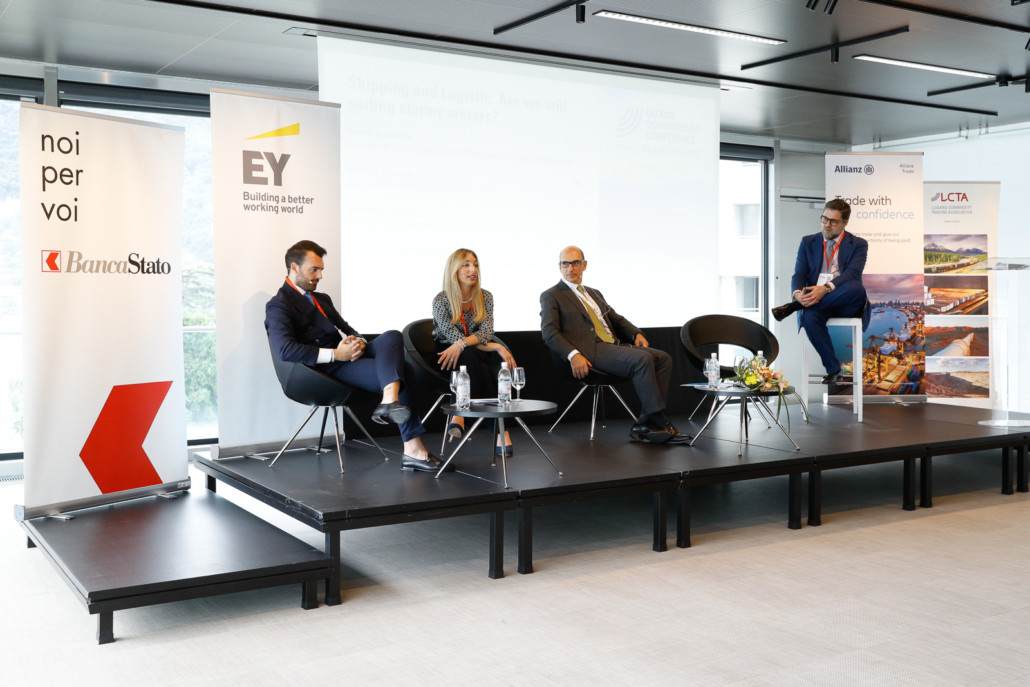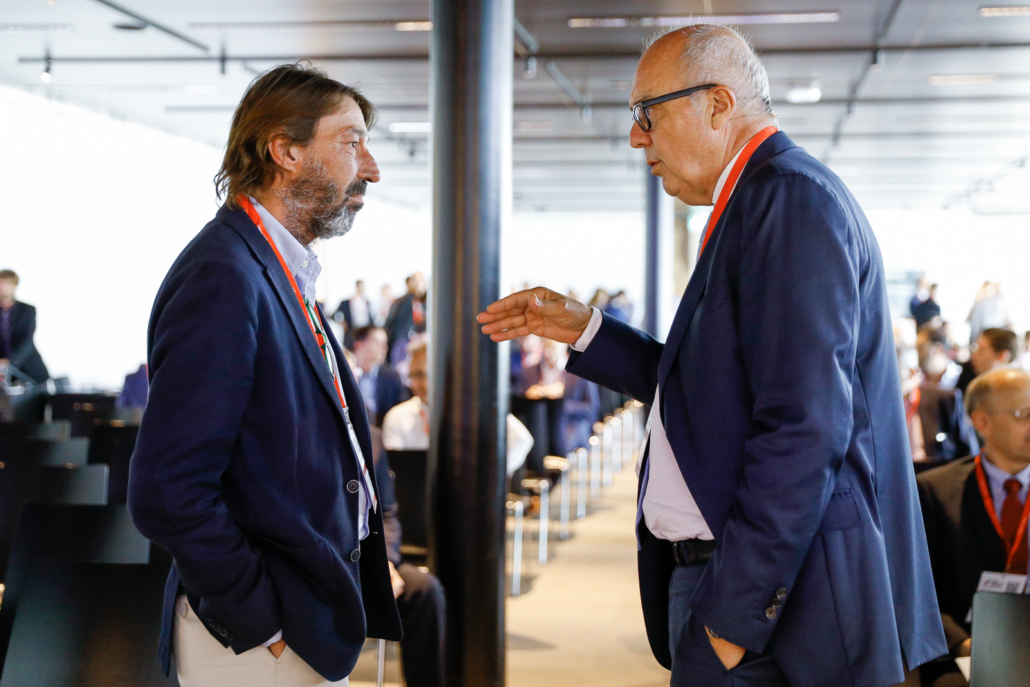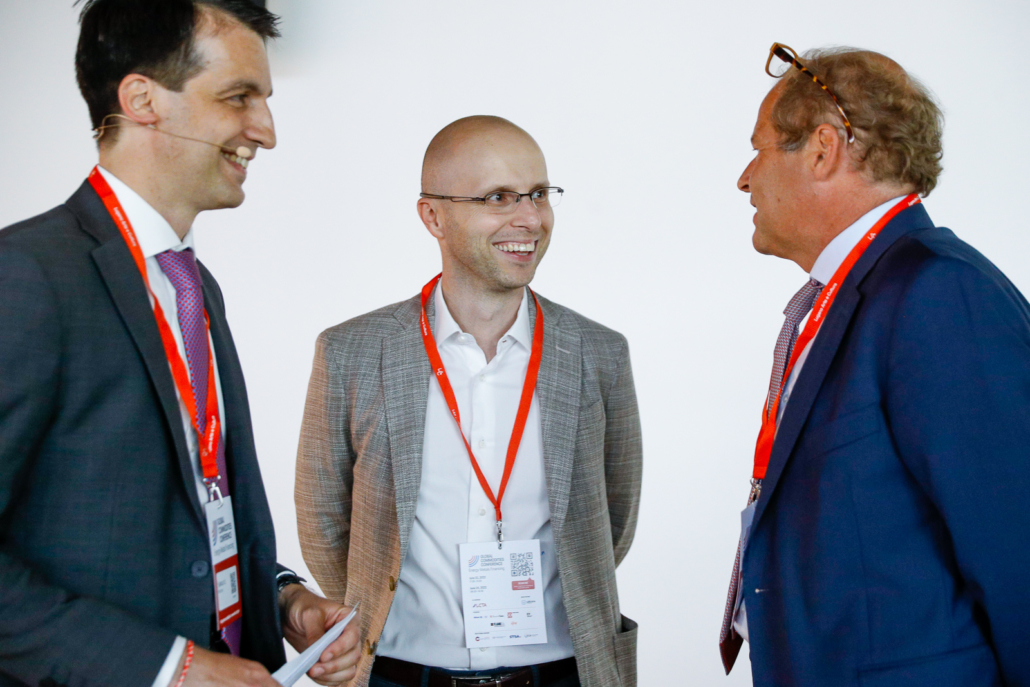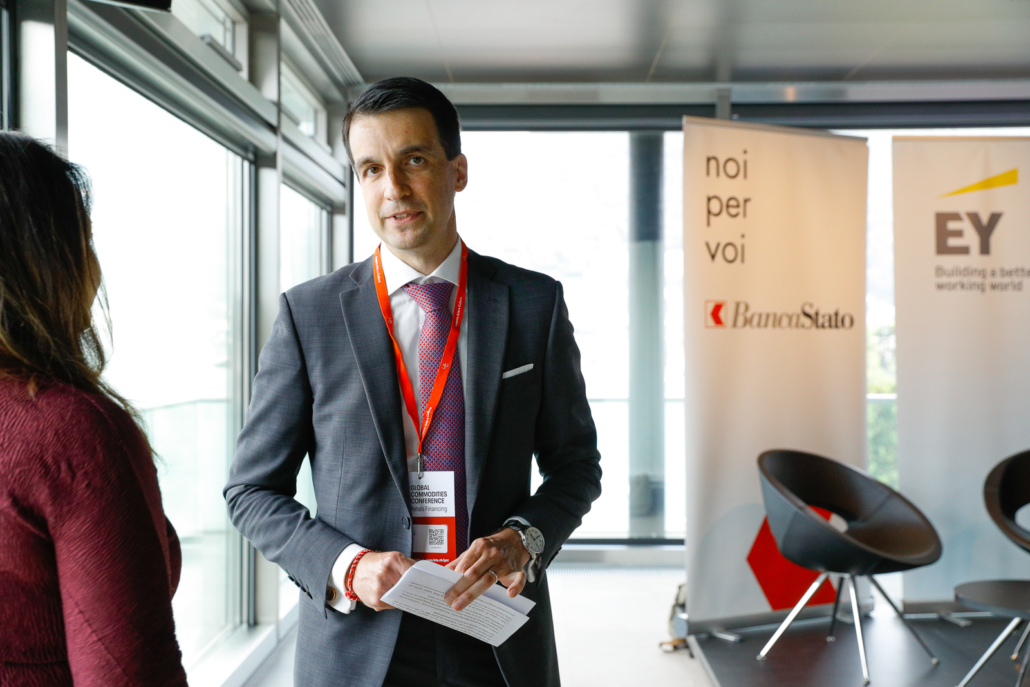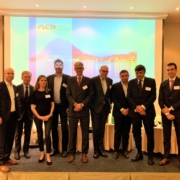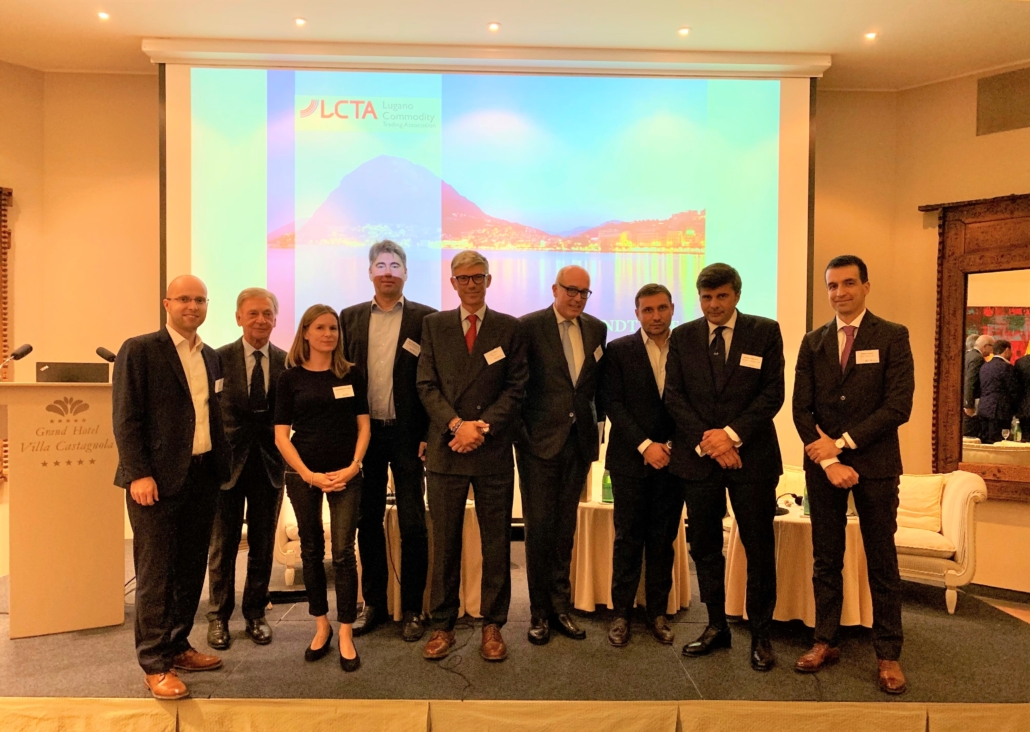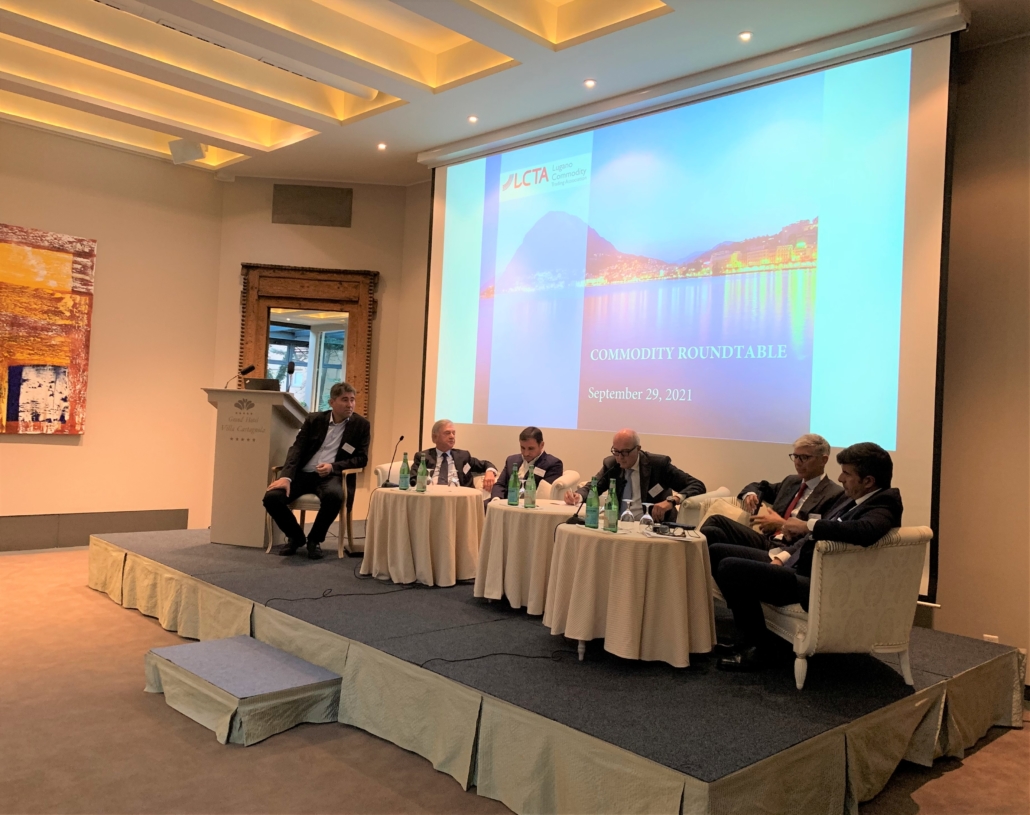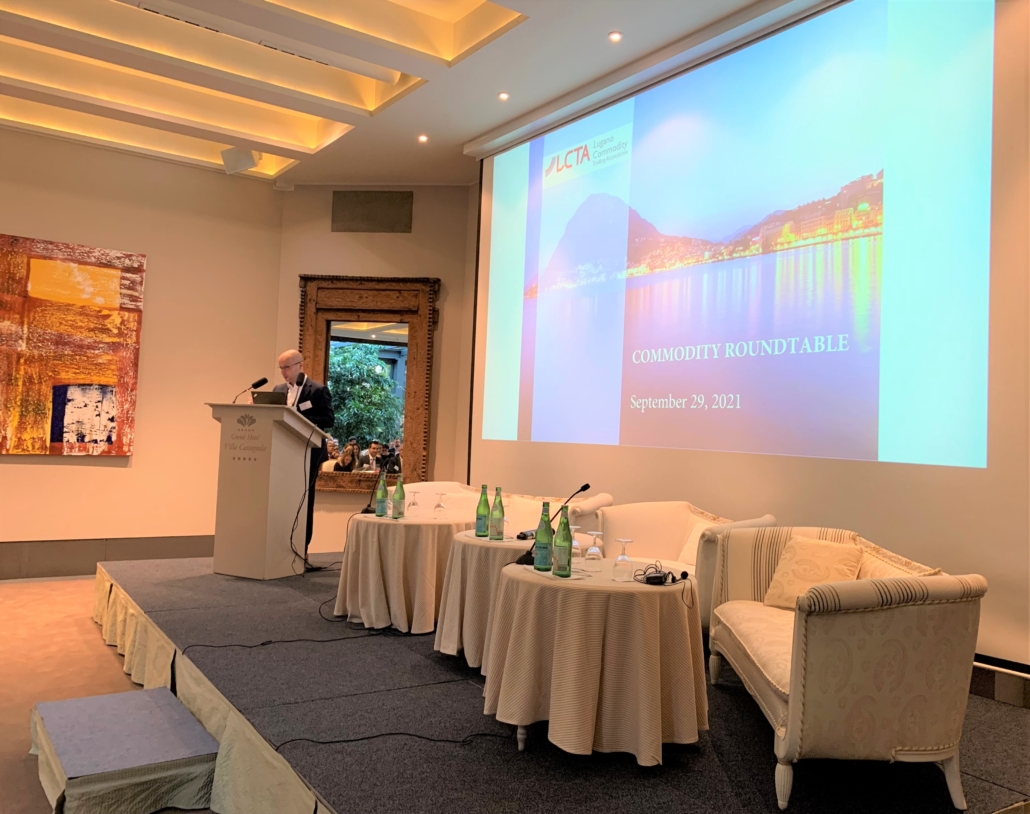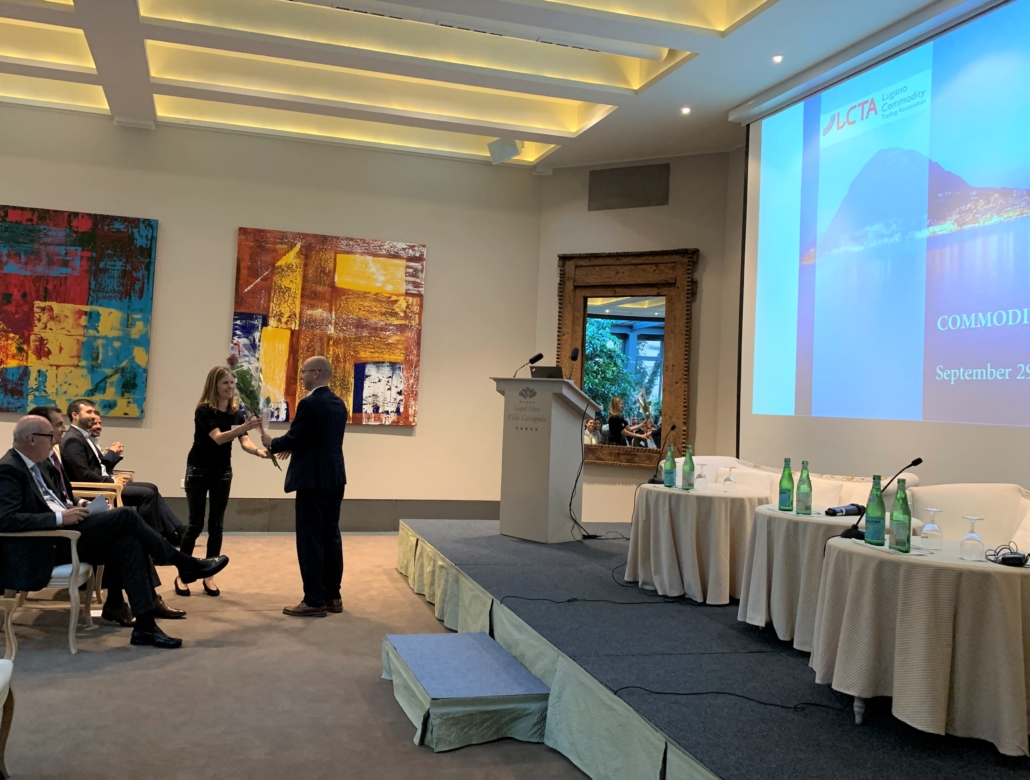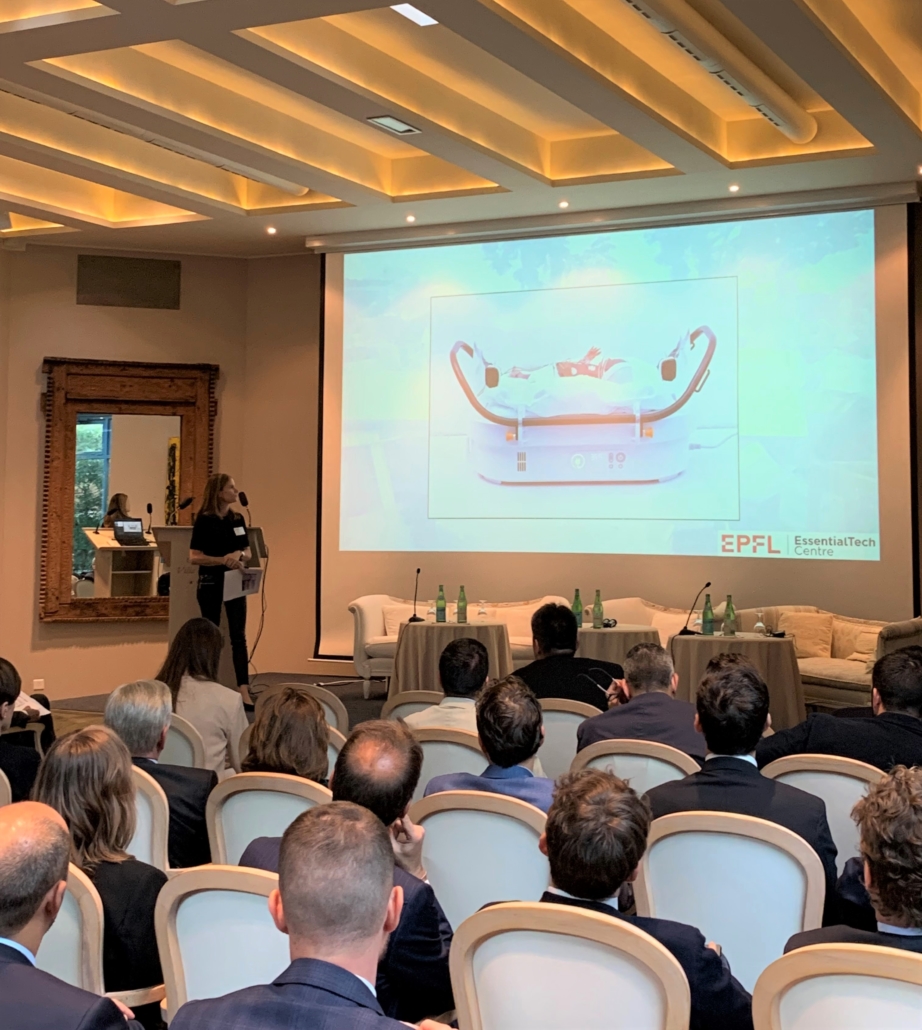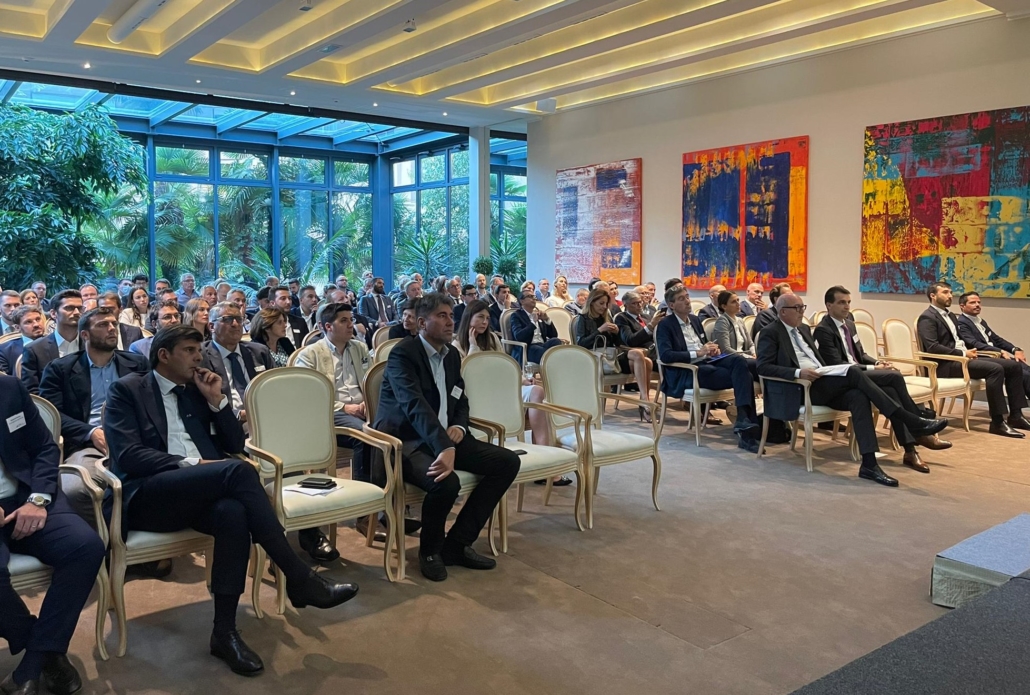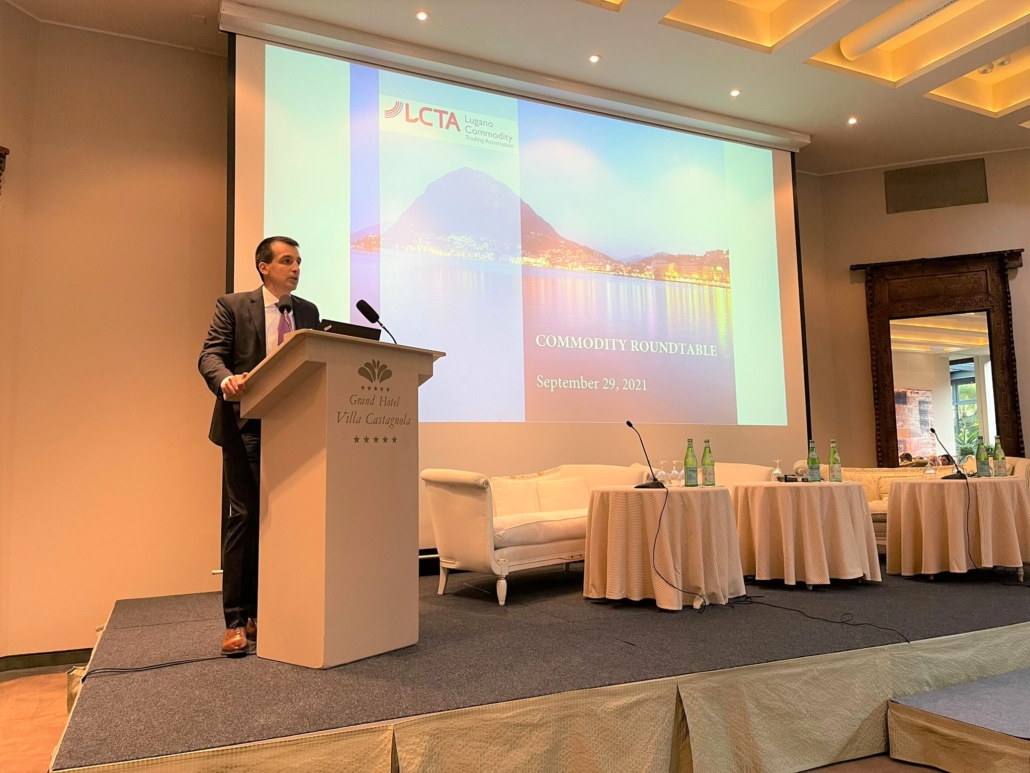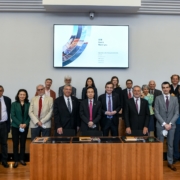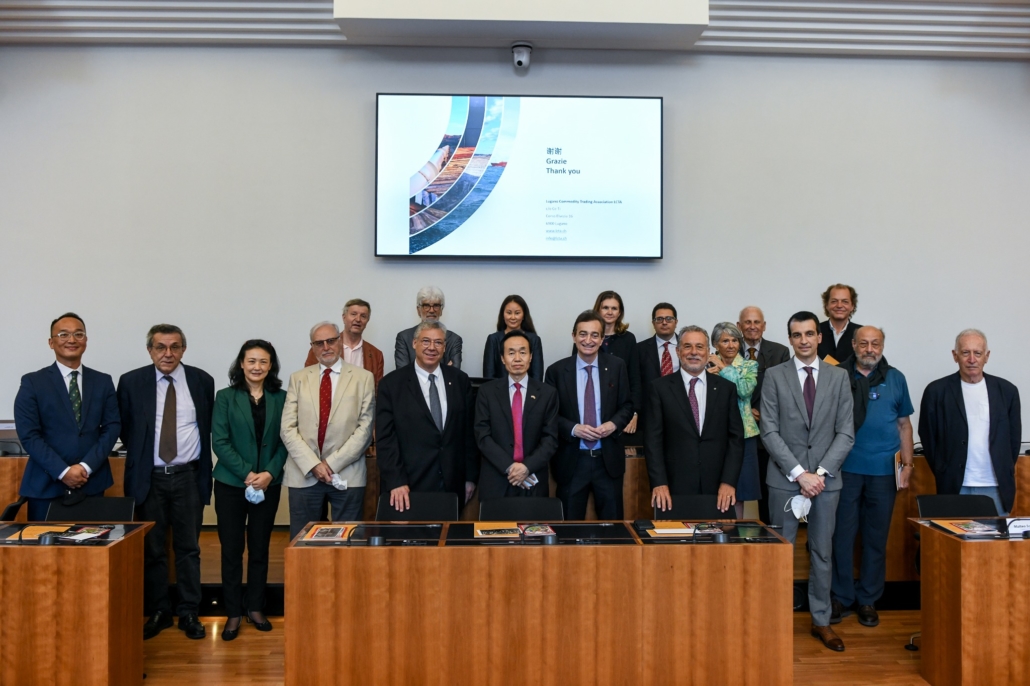
At the Ordinary General Meeting held on December 20, 2023, the LCTA Executive Board proposed Simone Knobloch, COO of Valcambi SA, Alessandro Odoni, Finance Director of Flame SA and Marco Passalia, Partner of Enet Energy SA be elected as new Executive Board Members. Monica Zurfluh, who officially took office beginning of November, was introduced as new Secretary General.
The Ordinary General Meeting held in December 2023 elected new Board members in accordance with the Executive Board’s proposal: Simone Knobloch, COO of Valcambi and Alessandro Odoni, Finance Director of Flame SA.
Michael Mesaric, CEO of Valcambi SA, and Riccardo Talenti, Charter & Operations Manager at Flame SA had previously announced decision to resign from the Executive Board in connection with the General Meeting. Both had been active members of the Executive Board since LCTA’s formation, and the Executive Board recognized them for their contributions to shaping the Association and supporting its interests.
Marco Passalia, Partner of Enet Energy SA, opted to step down as Secretary General and relinquish operational responsibilities. Recognizing Marco Passalia’s critical role as co-initiator and engine of the Association, the Executive Board proposed he join the Board as 14th member in derogation from the statutes (the temporary increase in the number of Board Members will be reduced again to 13 during 2024 following the complete integration of Credit Suisse into UBS).
Marco Passalia received special distinction for his achievements since the Associations’ inception in 2010. His lobbying activities at the cantonal and federal levels as well as the organization of several international events and conferences have been critical to the Ticino hub’s positioning and consolidation as Switzerland’s third-largest commodity trading center after Geneva and Zurich, while the launch of both the CAS in Commodity Professional in collaboration with the Zug Commodity Association (ZCA) and the Hochschule Luzern, and the most recent Certified Commodity Trading Specialist training in collaboration with Alma Impact as well as numerous short-term courses contributed to the members’ skills and knowledge, ultimately attracting and retaining talents.
The General Meeting welcomed Monica Zurfluh, Head of International Trade of the Ticino Chamber of Commerce and Industry (Cc-Ti), as the new Secretary General of LCTA. Monica Zurfluh officially took up her new function on November 1st, 2023.
As of the end of 2023, LCTA counted 48 active members.
